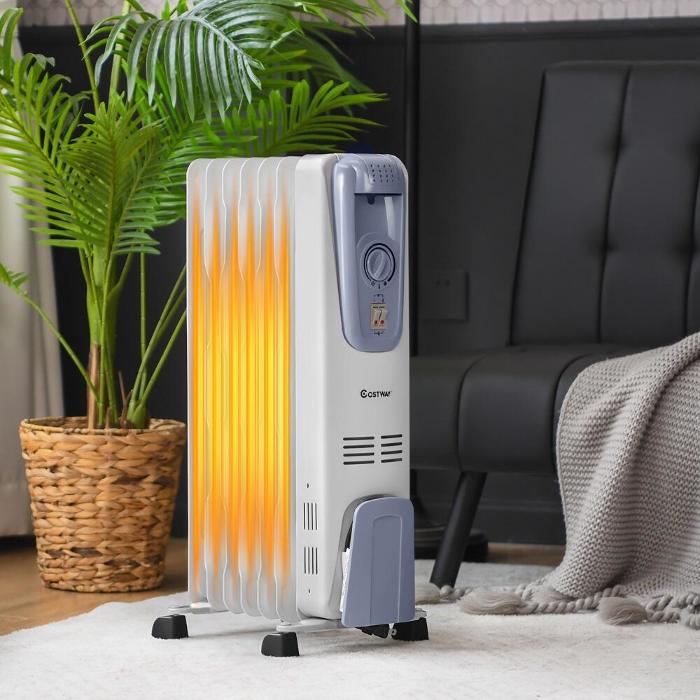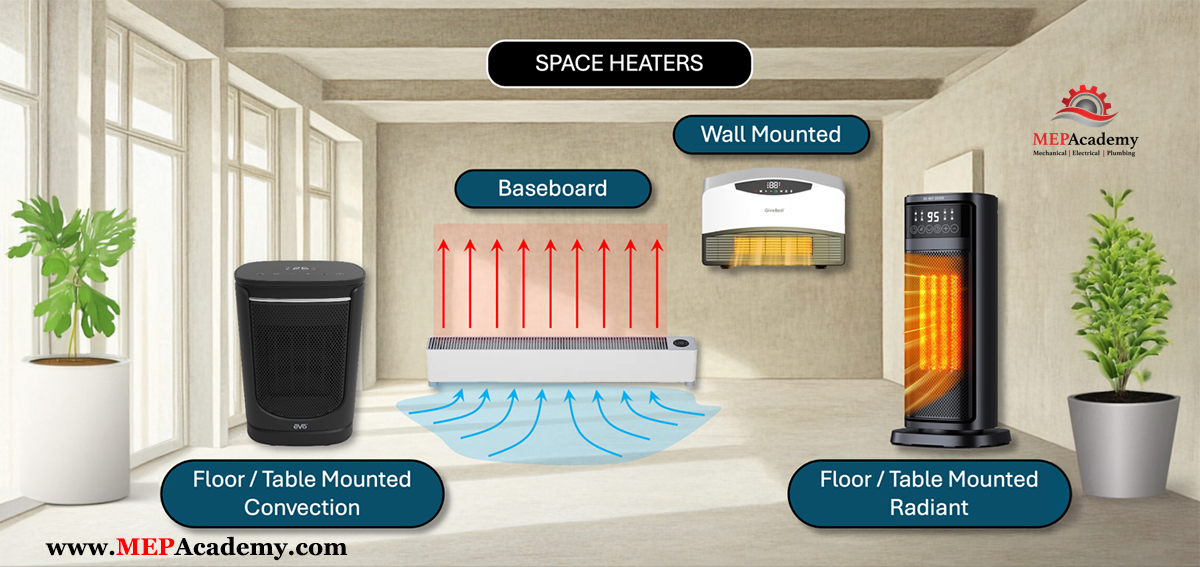Little Known Questions About 1 Source Portable Air.
Table of Contents1 Source Portable Air - Questions1 Source Portable Air Fundamentals ExplainedThe Facts About 1 Source Portable Air RevealedThe Facts About 1 Source Portable Air Revealed3 Simple Techniques For 1 Source Portable Air
Running prices are based upon an electricity cost of 40c/kWh. The expenses for 3 months' usage in winter are based upon 500 hours use, or roughly 6 hours each day for three months. Maximum warm result is based upon the optimum wattage of the models we've tested (we concentrate on greater electrical power heaters).
On average, small follower heaters are less costly to get, however can have higher running costs. Oil column heating units will be the most inexpensive on the market to run (on standard) however only by a narrow margin in advance of convection heaters (like panel and micathermic panels).
Indicators on 1 Source Portable Air You Need To Know
If you have a relatively easy to fix ceiling follower, it'll help spread the warm around the area more equally. The designs in our electric heating systems test usually range in rate from well under $100 to over $900, but we have actually found a greater cost does not always mean far better performance. A variety of pricey heating units have failed to thrill our testers, while some cheaper designs create surprisingly good buys.
As the name suggests, they emit warmth from a red-hot heating aspect (so the family members will have to take turns sitting in front of it). There are floor and wall-mounted designs available. Radiant heating systems are relatively inexpensive. They have a cosy glow and personal warming impact, like resting in front of a fire.
The reasonably revealed burner can be a fire and safety risk. For example, a piece of apparel went down over it might stir up, or toddlers messing around a floor design may shed themselves, so be cautious. Glowing heating systems usually set you back in between $20 and $200. Oil-filled column heating units don't really burn oil they use electrical power to heat up the oil that's sealed inside their columns or 'fins'.
1 Source Portable Air - Truths
Some column heaters aren't also oil-filled however rather utilize various other product or home heating modern technology to work similarly - 1 Source Portable Air. The danger of fire with an oil column heater is reduced compared to other heater types, however never no. Oil heaters do not have actually subjected aspects like glowing heaters do, and their surface area temperature level is less than many other heating unit kinds (their big area makes up for it)
Oil column heating units will not take off, and while they do not burn their oil to create heat, it's still combustible, so there is a fire threat if the oil leaks, if the heater ideas over and leakages, or if combustible objects or material enter get in touch with or drop on the heater. You ought to click here to find out more work out the same degree of care with oil heaters as for other heating unit kinds, and never hang towels or clothes over one to completely dry them make use of a drying out rack instead, a minimum of one metre away.
Column heating systems are especially valuable in areas where they'll be changed on for extended periods of time or where they'll find more run neglected, such as over night in a room. The surface areas you're likely to touch on a column heater don't get as warm as various other sorts of electrical heaters. You can use a ceiling fan on extremely reduced rate to aid the column heating system to disperse the warmth faster and much more uniformly.
If there's very little air motion (as an example, if you're sitting reading or viewing television), the warmth might not be dispersed equally. Oil-filled column heating units normally set you back in between $50 and $450. Convection and panel heating systems attract chilly air over an electrical burner. The warmed up air after that leaves the heating system and climbs towards the ceiling, while cooler air steps in to replace it.
Little Known Questions About 1 Source Portable Air.

Convection and panel heating units are a lot more mobile than their oil-filled column heater equivalents because they're significantly lighter. Like a column heater, you can utilize a ceiling follower on really low speed to distribute the warmth faster and much more uniformly.

Excitement About 1 Source Portable Air
Follower heating systems are typically smaller sized and extra mobile than various other electrical heating units. They additionally can be found in the kind of tower fan heating systems, which can be better for dispersing warm around larger rooms as a result of their taller account. They can heat the air in a room extra swiftly, equally and swiftly than some various other heating system types.
They can be quite noisy with the follower on complete power, though are typically reasonably peaceful at lower fan rates. Fan heaters (ceramic or otherwise) generally price in between $60 and $900. Ceramic follower heating systems aren't always any different in rate to non-ceramic designs. A relatively current participant right into the consumer market, infrared heaters warm the space like the sunlight warms your face (without the UV rays so no danger of skin cancer cells). 1 Source Portable Air.